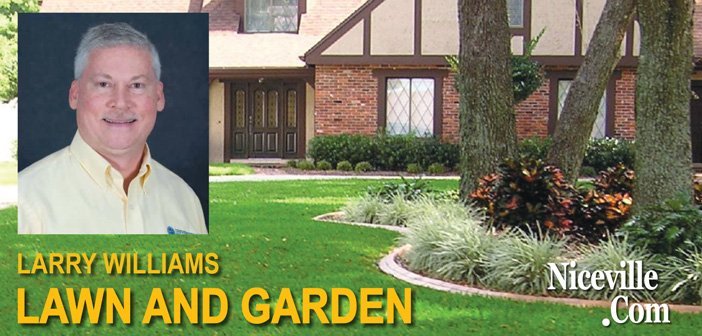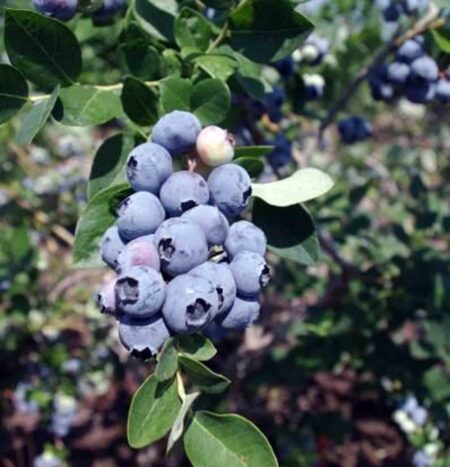Our warm, humid summer days allow insects, fungi, bacteria, and mold to thrive. We often see evidence of these organisms living on our trees during summer by noticing dead areas, spots or a crumpled look to the leaves. Often these problems, while not good for the trees, are no more serious for trees than warts are to us.
During our hot, humid summer weather, questions concerning tree problems increase. Stan Rosenthal, former UF/IFAS Extension Forestry Agent in Leon County, and I explain some of the more common summer tree concerns in today’s article.
Our warm, humid summer days allow insects, fungi, bacteria, and mold to thrive. We often see evidence of these organisms living on our trees during summer by noticing dead areas, spots or a crumpled look to the leaves. Often these problems, while not good for the trees, are no more serious for trees than warts are to us. Even though it may be helpful to learn the cause, most of the time our recommendation is to leave the problem alone.
Another common problem this time of year is squirrel damage. Squirrels are quite abundant in our urban environments. We get many calls about bark having been chewed off, most frequently on thin-barked trees. If you look closely you will see teeth marks. This is usually caused by squirrels. The only thing that seems to work is to wrap a fairly small holed fencing wire around the trunk and/or branches of the tree. Reducing the population of squirrels seems to be a futile effort at best.
Sometimes we overuse or misuse weed killers in our lawns. Many weed killers that are used in lawns kill dicot plants and not monocots. Grass is a monocot. Dicots include not only many of the weeds that we intend to kill but also large trees like oaks and dogwoods. When heavily used, these weed killers can weaken or even kill some trees. In close proximity to trees, avoid the use of lawn herbicides that have the potential to injure the trees and establish large mulch beds instead of grass.
Soil compaction is a major problem for trees in our urban environments. Roots need to take in oxygen and release carbon dioxide. In compacted soil, sufficient air can’t be exchanged. The result is too much carbon dioxide in the soil pores instead of oxygen. This poor exchange leads to poor root growth and poor tree growth. It’s best to keep vehicle traffic off areas intended for growing trees and to use mulch where possible to build up the soil and protect tree roots from soil compaction.
I am also beginning to see signs of tiny insects called psocids (pronounced so-cids). Psocids cause much alarm but are harmless to trees. They form silky webbing over the bark of a tree. Under this webbing the psocids consume fungi, lichen, pollen and other organic material that is on bark. Once they have eaten everything, they leave the tree unharmed.
Larry Williams is the Extension horticulture agent with the Okaloosa County Cooperative Extension Service, University of Florida. Contact Larry at 689-5850 or email lwilliams@myokaloosa.com.








